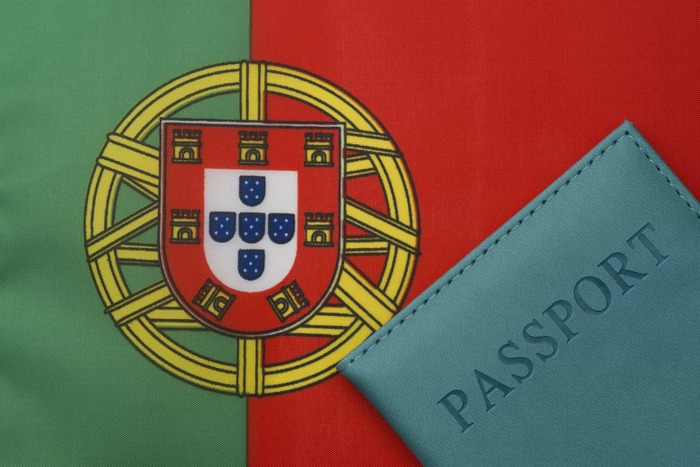The D7 visa is the best option to move to Portugal for anyone who is not an EU citizen and does not own millions. It is granted to both entrepreneurs and retired people as long as they meet specific requirements. In this article, we will look at what a Portugal D7 visa is, what benefits it offers, how to obtain it, and who can expect to receive it.
What is a D7 visa?
The popularity of the D7 visa is that the applicant does not need to invest large sums of money, purchase residential or commercial property, invest in bonds, or start a business. It is also called a passive income visa. It is simple enough to show that the applicant can support himself in Portugal from his regular passive income. It can be:
- pension or social security;
- income from renting real estate or other property;
- a percentage from intellectual property;
- dividends from investments.
Before you can get a Portugal d7 visa, you must show that you have earnings above the minimum wage in Portugal. As of 2023, this amount is around €760 per month. However, the applicant needs to have an amount higher than this, as they will have to rent a house and most likely pay a mortgage. According to the Immigrant Invest specialist Evgeniya Morozova, the higher the amount of passive income, the bigger the chances to get a D7 visa. On the other hand, if the applicant has only savings, he may be refused.

Who is eligible for a visa of this type?
Adult foreigners who are not EU citizens are eligible for a D7 visa in Portugal. They must have a good reputation, no criminal record, and no other problems with the law. They must also prove to the Portuguese government that their passive income outside the country exceeds 760 euros. Another half of this amount is needed for the spouse and another third for each child. This money must be stable and regular. The applicant’s spouse, elderly parents, and children up to the age of 21 are also included in this program.
What are the requirements?
The main requirements under Portuguese law for obtaining a D7 visa are:
- stable source of external income;
- income of 760 euros or more and proof of it;
- completion of the application form;
- a valid passport;
- certificate of no criminal record and history of criminality;
- international medical insurance;
- NIF number;
- a bank account in a local bank;
- proof of residence in the country.
A personal statement of motivation and references will also be required. However, the last point is not requested everywhere. The most difficult items on the list for applicants are NIF number, local bank account, and proof of residence. The first two documents can be obtained online or through a legal counsel/immigration lawyer. As for proof of residency, you must buy or rent a property in Portugal or submit a letter of invitation from a friend, colleague, or family member residing in the country.
Visa process
The application and documentation process for Portugal’s Passive Income Residency Visa involves several steps:
- collection of all documents, translation, and notarization;
- transfer of the application and the set of documents to the Portuguese consulate in the country, where you wait for a positive decision;
- arriving in Portugal to exchange the visa for a residence permit.
It is advisable to contact an immigration specialist to ensure that all these steps go quickly and with minimal money and time. Here you can obtain both consultation and qualified accompaniment by an experienced expert. For more information, see immigrantinvest.com.

How long does it take to process?
It can take up to two months to obtain a temporary visa for 4 months if all the necessary information about the applicant is available. After official approval, a meeting with the SEF will take place at the Portuguese consulate. The applicant provides his/her biometric data. About three weeks later, the residence card is sent to his/her address.
Benefits of visa
The main advantage that a passive income visa provides to the applicant:
- legal relocation to an EU country;
- the possibility of applying for Portuguese citizenship after only five years;
- free movement within the Schengen area;
- opportunity to start your own business with lower taxes;
- gain a national medicine and become a part of the country’s health care system;
- access to education of the highest European standards;
- reunification with relatives;
- life in a safe country with a high standard of living.
It is also worth noting Portugal’s pleasant climate, natural beauty, picturesque beaches, and good environmental conditions.
Conclusion
The D7 visa allows any foreigner to move to an EU country with little capital. Nevertheless, it is essential to consult a lawyer, gather the documents and wait for approval. Nevertheless, it is an excellent chance for the applicant and his family to live and study comfortably in an EU country.
